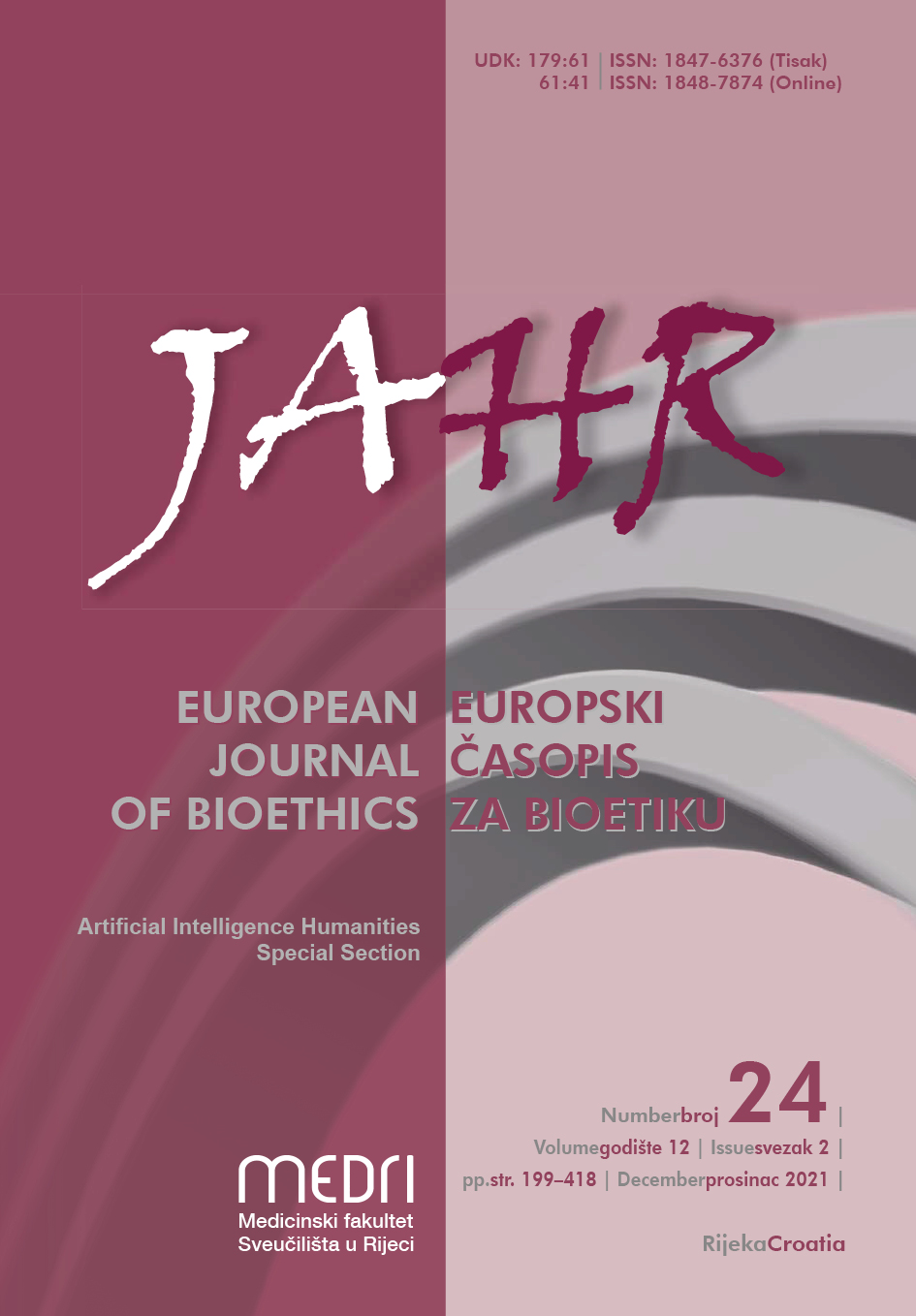“That’s the way it is, it will get better”
Subjective well-being of unemployed beneficiaries of the guaranteed minimum benefit
Ključne riječi:
subjective well-being, unemployment, welfare, life situation, the image of the future, the role of the social work.Sažetak
https://doi.org/10.21860/j.12.2.1
Subjective well-being includes the perception of the current and future life situation. The current level of subjective well-being can be a predictor of health, productivity, income, quality of social relations, and even mortality. Unemployment is recognised as one of the life circumstances that reduce subjective well being the most in the long run. The conducted qualitative research aimed to gain insight into the subjective well-being of unemployed young adults who are beneficiaries of the guaranteed minimum benefit. The thematic analysis of the interviews provided data on the experience of the life situation and the perception of the participants’ future, and they are presented in this paper. In the concluding remarks, proposals for improving the practice were presented, with an emphasis on the social work approach and the public health approach.
##submission.downloads##
Objavljeno
Broj časopisa
Rubrika
Autorska prava
Autori koji objavljuju u ovom časopisu slažu se sa slijedećim uvjetima:
- Autori zadržavaju autorska prava i dodjeljuju pravo časopisu na prvo objavljivanje uz istovremeno uvažavanje Creative Commons Attribution License koje omogućava drugima da dijele rad uz priznavanje njegova autorstva i početne objave u ovom časopisu.
- Autori mogu sklopiti zasebne, dodatne ugovorne dogovore o neekskluzivnoj distribuciji objavljene verzije rada (npr. objaviti ga u repozitoriju institucije ili ga objaviti u knjizi), uz priznavanje da je njegova početna objava bila u ovom časopisu.
- Autorima je dopušteno i ohrabruje ih se da objavljuju svoje radove putem društvenih mreža (npr. u repozitoriju institucije ili na njenim internetskim stranicama) prije i za vrijeme prijave obzirom da to može doprinijeti produktivnoj razmijeni te ranijeg i većeg citiranja objavljenog rada (Vidjeti: The Effect of Open Access).



